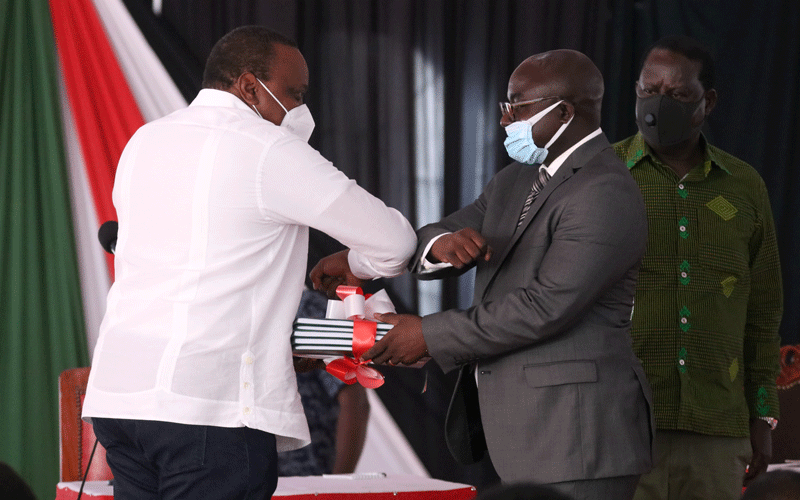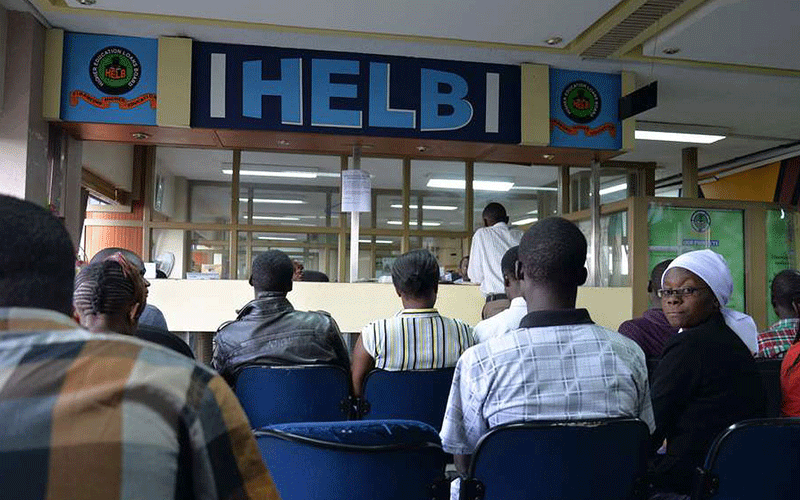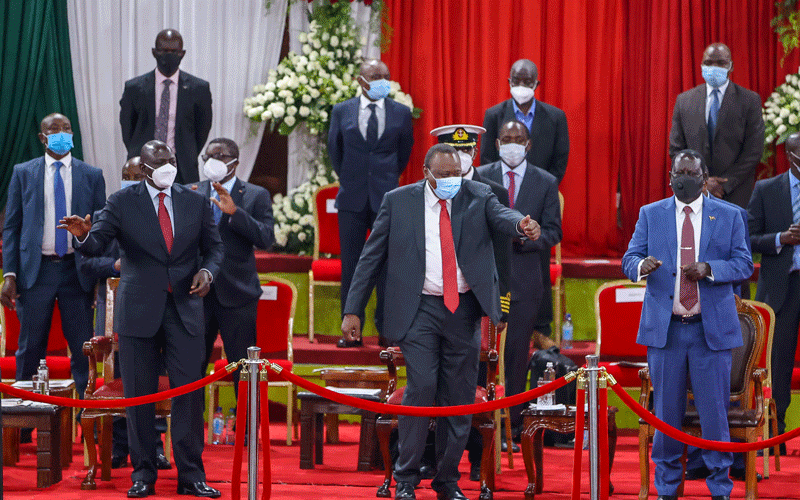OPINION: BBI seeks to bring modern face into Police Force

Peter Wafula Murumba
The Building Bridges Initiative (BBI) report seeks to revamp Kenya’s national security architecture by enhancing the ability of the police service to respond to emerging security threats but more crucially, transforming it into a modern, professional and ethical law enforcement agency.
Kenyans told the BBI Taskforce that insecurity is a big problem, notably, violent crimes, unsolved murders, terrorism, cyber-crimes, rampant theft and proliferation of counterfeit goods.
But even as Kenyans decried the high level of insecurity in the country, they also expressed concern about police brutality and other human rights violations perpetuated by the same institution tasked with protecting them.
Not to forget reports by anti-graft watchdogs consistently ranking the police among the most corrupt institutions in Kenya.
BBI proposes institutional reforms aimed at modernising the police service, to not only effectively tackle these challenges but also function optimally in a democratic society.
For example, BBI recommends the adoption of the Peelian Principles to govern policing in Kenya.
The Peelian Principles were developed by Sir Robert Peel, a former British Home Secretary in the 19th century, credited with introducing far-reaching reforms leading to the creation of a modern police force.
He argued that the basic mission of police was prevention of crime and not catching criminals.
The Peelian model emphasises that police are citizens in uniform and that police are the public and the public are the police.
While a lot of effort has gone into improving the welfare of police officers and modernising the force to meet emerging security threats like violent extremism and cyber-crime, the relationship between the law enforcers and the public has been undermined by mutual suspicion.
Psycho-social support
BBI proposes to address these challenges by instilling democratic principles into our police service by ensuring the service secures and maintains the respect of the public upon which its legitimacy rests.
However, this cooperation needs to be strengthened further through institutional reforms that instill a more humane, public-friendly approach to policing in Kenya.
BBI will achieve that and even more, by modernising our police system, to make it responsive to security needs of Kenyans.
For police reforms to succeed, we have to also improve the working environment for our men and women in uniform.
BBI goes beyond basic welfare issues like housing by also prioritising mental health and wellness, including counselling and treatment for police officers.
Mental illness has been flagged as a major challenge in the police service as seen in the surge in suicide, domestic violence, murder and other undesirable outcomes linked to stress among officers.
Police need psycho-social support to enable them handle stress and live happily while fulfilling their important role in society.
This could be the reason why, during his Seventh State of the Nation Address in November 2020, President Uhuru Kenyatta issued an Executive Order establishing an ultra-modern National Mental Hospital by elevating Mathari National Teaching and Referral Hospital as a semi-autonomous hospital to offer training and research on specialised, forensic psychiatry services and rehabilitation services, among others.
Other important BBI proposals on policing include realigning policing, investigation and prosecution functions to address the delay in delivering justice especially to the poor.
Police have often been blamed for bungling investigations leading to miscarriage of justice. There is need to strengthen the role of police and other actors in justice delivery.
There are aspects of police performance, recruitment and promotion to be addressed under the proposed reforms.
Capacity building in cybersecurity and emerging criminal threats is highlighted in the report.
The BBI report notes the need to develop mechanisms that make the security agencies as locally-based and as people-related as possible.
Given our long history of violations and injustices linked to police actions, and the loud plea by Kenyans for further reforms in the service, BBI offers an opportunity to build on recent gains towards making the police a more transparent and accountable institution.
Above all, the national security landscape will change with the shift to a modern, professional, democratic and ethical policing approach. The hostility and suspicion between police and the public will be a thing of the past.
— The writer is the Managing Director, Impulso Kenya Ltd — [email protected]










